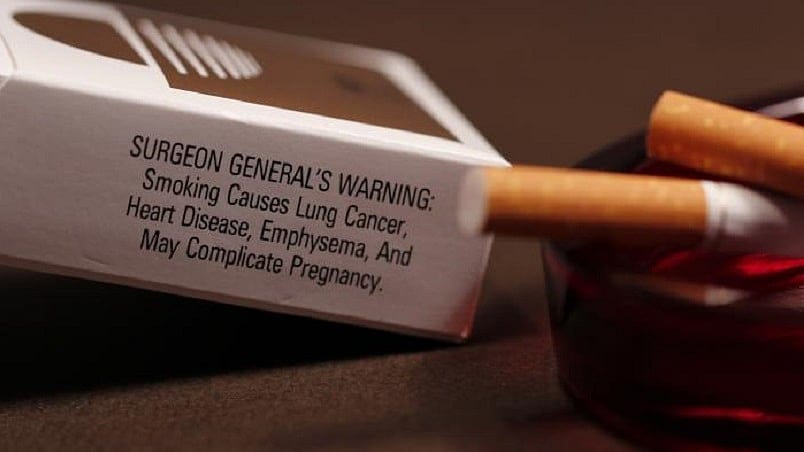Senate votes to bar tobacco to under-21 buyers in Mass.

BOSTON – The Massachusetts Senate voted 32 to 2 Thursday to raise the minimum age to buy tobacco in the state to 21 from 18 to 21, passing legislation that supporters said would cut down youth smoking and nicotine addiction.
The bill, compiled by the Joint Committee on Public Health based on several separate measures, also would ban pharmacies and health-care institutions from selling tobacco products and prohibit the use of electronic cigarettes in places where smoking is already banned.

